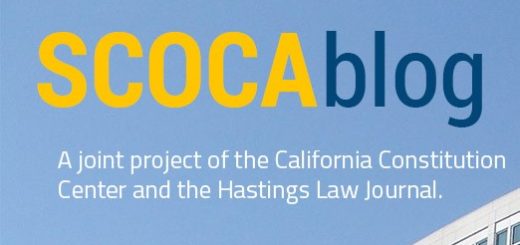Does California still have a meaningful separation of powers doctrine?
Overview In this article I address what I view as a significant breakdown in California’s constitutional order. I begin with an overview of separation of powers doctrine to explain the importance of the non-delegation doctrine — which prohibits the state legislature from giving away its lawmaking powers. I then explain California’s three tests for distinguishing between legitimate and illegitimate delegations of authority. And in all of this, I aim to address a controversy: that Governor Newsom’s exercise of “all police powers of the state” in formulating rules restricting individual liberties and shuttering businesses during 2020–21 violated separation of powers and...




